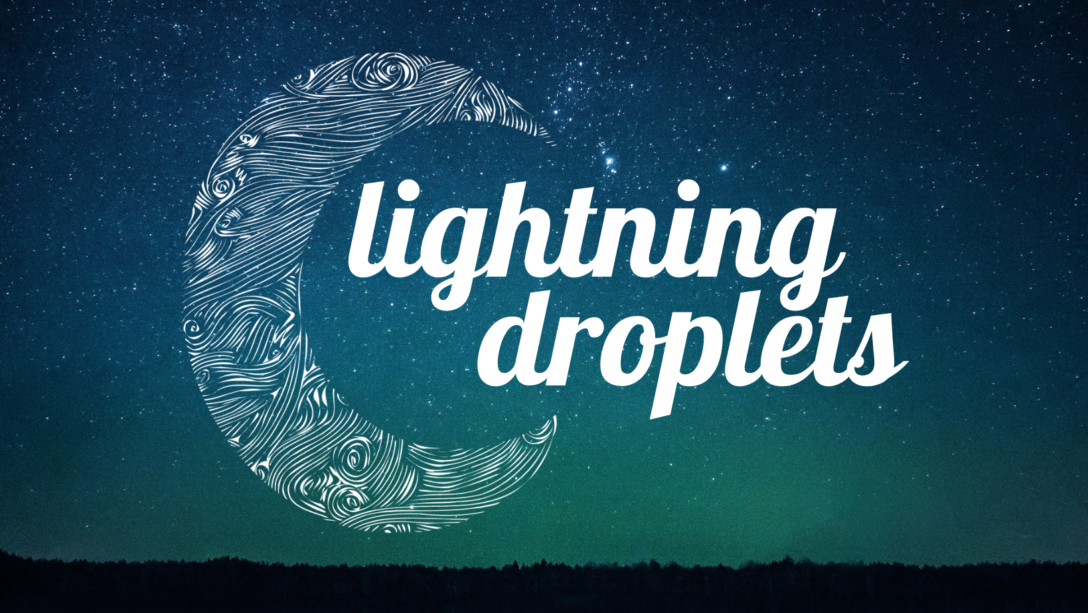Make Prayers to the Raven: A Koyukon View of the Northern Forest by Richard K. Nelson is a documentation of the plants and animals that frequent the forests of interior Alaska. It’s true that this book is about a place I am currently enthralled with. It’s also true that there’s a soft spot in my heart for any book about plants and wildlife. However, what makes this book really interesting is the ways in which Nelson eschews nonfiction genres to come up with something all his own.
This book could have been a narrative of his experiences living in a Koyukon village in the 1970s. It wasn’t. It doesn’t occur in chronological order and doesn’t have much of a narrative arc. Instead, the book is structured in chapters such as “The Birds” and “Ecological Patterns and Conservation Practices” with subheadings for individual species and phenomena. This sets the tone for the work feeling like a guidebook to the forest.
Instead of listing facts about animals and plants, however, Nelson draws on a multitude of sources in order to give a greater picture of how the Koyukon people view and interact with the world around them. He uses the research of anthropologists who have come before him, anecdotes from his experiences of living in the village, and excerpts from his own journal. The effects of these sources are interesting. What is structured and presented as a catalog of facts about the forest becomes a little less black-and-white. This is apropos given the nature of Koyukon beliefs and knowledge about the forest, which is up for interpretation and change based on personal experience. It is also appropriate given Nelson’s awareness of his own status as an outsider, which makes him wary of speaking for the Koyukon people. By using this variety of resources including his own experiences and journal entries, he can give his readers the same impressions that he had without putting words in other people’s mouths.
Nelson as the writer is interestingly placed in this book. For a book that uses anecdotal evidence and journal entries for much of its information, the narrator is surprisingly absent. This is because all of the personal writing and experience that Nelson uses is always about something other than himself. His journal is only used to further give information and rarely gives his own ideas or thoughts. Nelson very consciously positions himself as an outsider in the village and the culture about which he is writing, and he does a good job of keeping himself an outsider in the book that he writes.
The end result is that Make Prayers to the Raven is not an anthropological study of the Koyukon people, or a wildlife guide to the forest of Interior Alaska, or a narrative about Nelson’s experiences there. Instead, there’s a melding of these possibilities. For me as a writer, it made me think a little more broadly about the ways that I can structure and inform my nonfiction. Nelson shows that the structure, the sources used, and the position of the I do not need to all line up to one traditional standard genre. Instead, using these things in unconventional ways can allow us as writers to come to greater truths than following convention alone.
*This post is part of a series on the craft of writing called Reading for Writers. This series examines a variety of authors to ascertain the choices they’ve made in their writing and the effects of those choices so that we as writers can make better decisions in our own writing. May contain affiliate links.

 As the final rays of the day tuck themselves in behind clouds and hills, I reach the well. The very sight of the clearing tugs at something inside me. I finger the stones, making them melt and turn to sand, as if they were an old lover who’d been waiting for my touch.
As the final rays of the day tuck themselves in behind clouds and hills, I reach the well. The very sight of the clearing tugs at something inside me. I finger the stones, making them melt and turn to sand, as if they were an old lover who’d been waiting for my touch.

